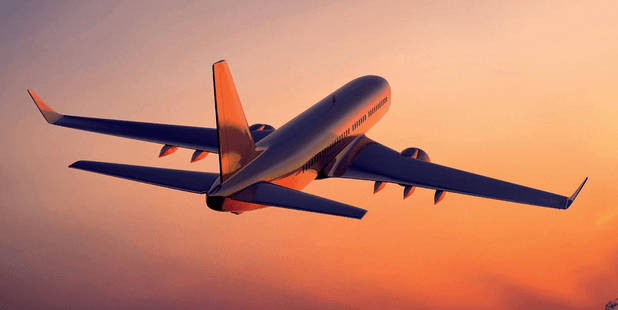Global aviation industry expected to make $38.4b net profit – IATA
 The International Air Transport Association (IATA) says the global aviation industry net profit will rise to $38.4billion in 2018, an improvement from the $34.5 billion expected net profit in 2017.
The International Air Transport Association (IATA) says the global aviation industry net profit will rise to $38.4billion in 2018, an improvement from the $34.5 billion expected net profit in 2017.
A statement issued by IATA and copied to the Ghana News Agency in Accra on Tuesday, said the performance for 2018 would slightly decline in the operating margin to 8.1 per cent, down from 8.3 per cent in 2017.
However, there would be an improvement in net margin to 4.7 per cent, up from 4.6 per cent in 2017.
It also said there would be a rise in overall revenues to $824 billion, an increase of 9.4 per cent on 2017 revenues of $754 billion.
There would also be a rise in passenger numbers to 4.3 billion, an increase of 6.0 per cent on the 4.1 billion passengers in 2017 and a rise in cargo carried to 62.5 million tonnes, an increase of 4.5 per cent on the 59.9 million tonnes in 2017.
The statement said the strong demand, efficiency and reduced interest payments would help airlines improve net profitability in 2018 despite rising costs.
“2018 is expected to be the fourth consecutive year of sustainable profits with a return on invested capital (9.4 per cent) exceeding the industry’s average cost of capital (7.4 per cent).
The statement quoted Mr Alexandre de Juniac, IATA’s Director General and CEO who explained that: “These are good times for the global air transport industry, safety performance is solid and we have a clear strategy that is delivering results on environmental performance”.
He said more people than ever were travelling and the demand for air cargo was at its strongest level in over a decade with employment opportunities growing, couple with more routes being opened.
He said airlines were achieving sustainable levels of profitability but it was still, however, a tough business and “we are being challenged on the cost front by rising fuel, labour and infrastructure expenses”.
The Director General said “The industry also faces longer-term challenges with many of them in the hands of governments but Aviation is the business of freedom and a catalyst for growth and development”.
He said to continue to deliver on the full potential, governments needed to raise their game, implement global standards on security, find a reasonable level of taxation, deliver smarter regulation and build the cost-efficient infrastructure to accommodate growing demand.
The benefits of aviation were compelling with 2.7 million direct jobs and critical support for 3.5 per cent of global economic activity with the readiness to partner with governments to reinforce the foundations for global connectivity that were vital to modern life.
He said the passenger numbers were expected to increase to 4.3 billion in 2018 with passenger traffic expected to rise to 6.0 per cent, slightly down on the 7.5 per cent growth of 2017 but still ahead of the average for the past 10-20 years of 5.5 per cent, which would exceed a capacity expansion of 5.7 per cent.
He said this would push up the average load factor to a record 81.4 per cent, helping to drive a 3.0 per cent improvement in yields, meanwhile revenues from the passenger business were expected to grow to $581billion (+9.2% on $532 billion in 2017).
Source: GNA
